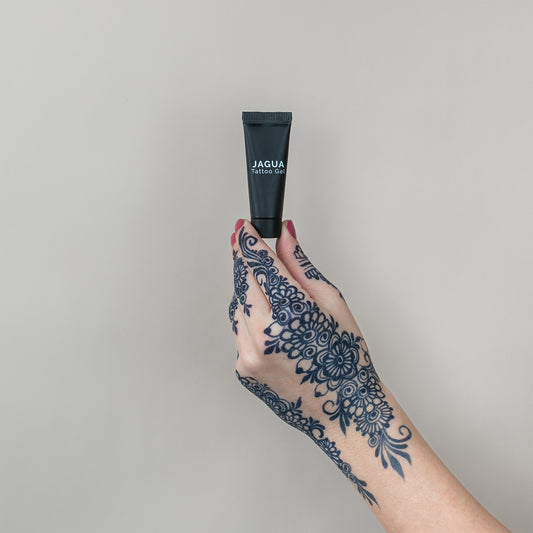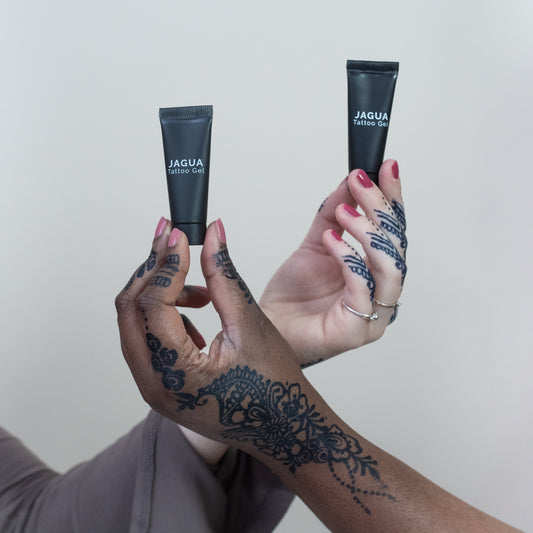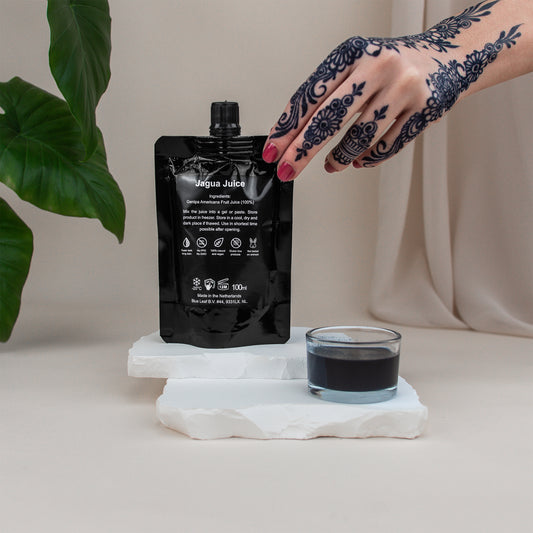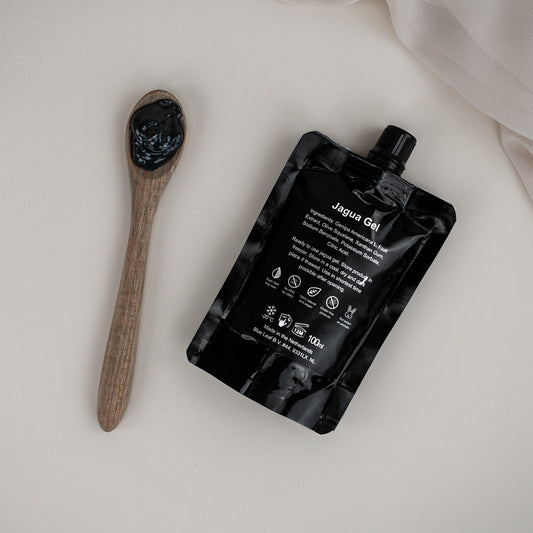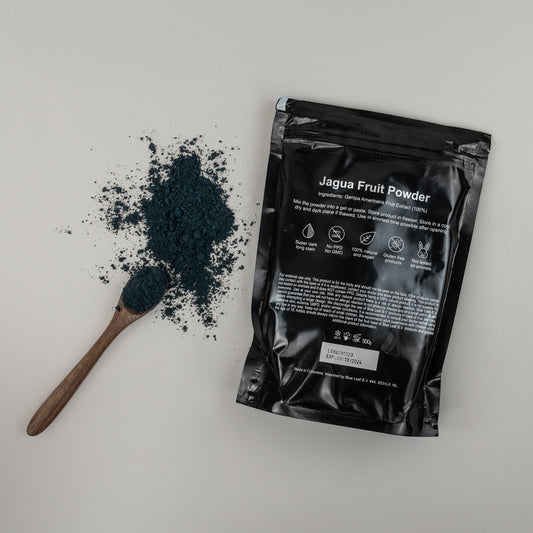The Hazards of 'Black Henna'
- Chemical Additives: The name 'Black Henna' is misleading because it does not actually come from the henna plant (Lawsonia inermis), which has been used for centuries to create temporary tattoos. Instead, 'Black Henna' contains a chemical called para-phenylenediamine (PPD), which is a potent hair dye. PPD is not safe for direct skin contact and can cause severe allergic reactions and skin sensitisation.
- Allergic Reactions: PPD in 'Black Henna' can lead to various adverse reactions, ranging from mild skin irritation to severe blistering, chemical burns, and even permanent scarring. People with sensitive skin or a history of allergies are at a higher risk of experiencing these reactions.
- Lack of Regulation: Unlike traditional henna, which is generally considered safe for most people, 'Black Henna' products are not regulated by health authorities. The absence of oversight means that some manufacturers may use higher concentrations of PPD, making it even more hazardous.
The Safer Alternative: Jagua Henna
- Natural and Plant-Based: Jagua Henna is derived from the Genipa Americana fruit, which contains a natural dye. Unlike 'Black Henna,' Jagua Henna is 100% natural and does not contain PPD or any other harmful chemicals, making it safe for direct skin contact.
- Less Allergenic Properties: Jagua Henna has a lower likelihood of causing allergic reactions, making it suitable for a broader range of individuals. However, as with any cosmetic product, it is still essential to perform a patch test before applying Jagua Henna on a larger area of the skin. We do not recommend to use Jagua for people with fruit allergies, eczema, extremely sensitive skin and/or G6PD.
- Dark and Lasting Stain: Just like 'Black Henna,' Jagua Henna provides a beautiful dark bluish-black stain on the skin that can last for up to two weeks. The results are stunning without the associated health risks.
- Regulations and Safety Standards: All products from Jagua Henna are cosmetic certified according to cosmetic European regulations (ec1223/2009), which means that all products are subject to strict quality control and safety standards. Product documentation can be found on our website.
Conclusion
While 'Black Henna' may seem like an alluring option for dark temporary tattoos, the dangers associated with its use should not be underestimated. The chemical additives in 'Black Henna,' particularly PPD, can lead to severe allergic reactions and long-term skin damage. For a safer alternative, turn to Jagua Henna, which provides beautiful blue-black stained tattoos without compromising your health.
At www.jaguahenna.com, we are committed to offering high-quality Jagua Henna products that adhere to strict safety guidelines. Embrace the beauty of natural temporary tattoos and choose Jagua Henna for a safe and worry-free experience!
Remember, always perform a patch test before using any new cosmetic product.


